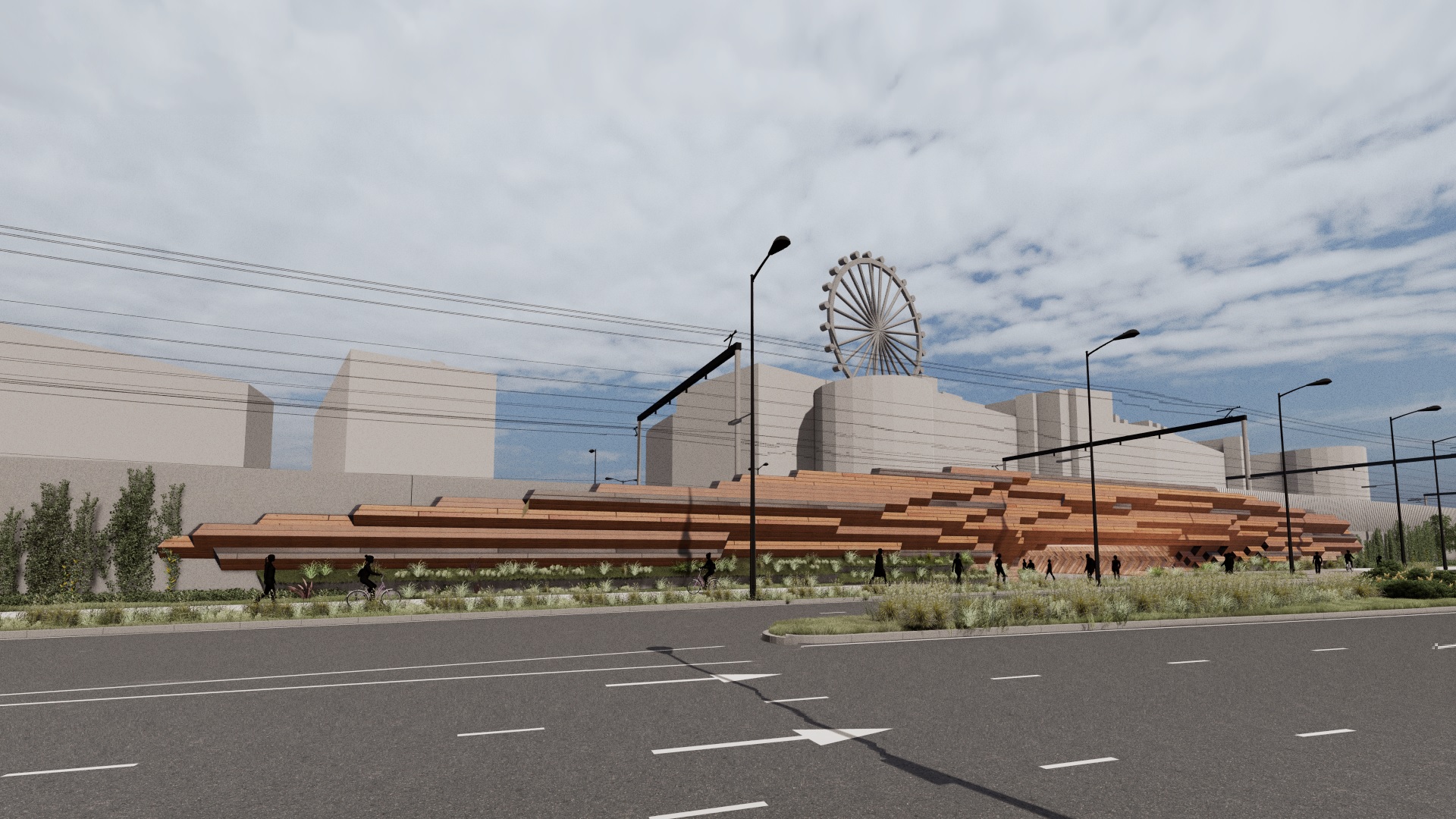The Tallinn Urban Environment and Public Works Department, along with Rail Baltic Estonia, the national implementing body of the Rail Baltica project, signed a joint procurement construction contract with Leonhard Weiss OÜ for the construction of Tunnel No. 5 at the Ülemiste railway station. The tunnel will enable pedestrians and cyclists to move from Ülemiste Road through the railway to the front of Ülemiste Center in the future.
“The development of Rail Baltica’s Ülemiste joint terminal is a significantly more extensive urban space and mobility improvement project than just the construction of railway infrastructure and the station building. The railway underpass tunnel intended for pedestrians and light traffic will be part of the city’s bicycle network in the future and will connect two city districts much more effectively in a few years,” said Anvar Salomets, Chairman of the Board of Rail Baltic Estonia.

The new tunnel, 32 meters long and 15 meters wide, will be located approximately 130 meters west of the existing Ülemiste stop tunnel and near the new tunnel to be built as part of the Ülemiste passenger terminal complex. The construction of Tunnel No. 5 is expected to begin this June and the structure will be completed by March 2027.
The construction work is technologically very complex, as it must be carried out under the conditions of an operating railway, and a complete closure of railway traffic during construction is not planned. Additionally, the interim deadlines and the final deadline for the construction contract have been coordinated with the 1520mm infrastructure construction work currently being carried out by Rail Baltic Estonia OÜ and the Ülemiste passenger terminal railway facilities construction contracts.
The cost of the construction contract is 3.6 million euros (excluding VAT), of which 400,000 euros will be financed from European Union funds and the remainder from the budget of the city of Tallinn.
